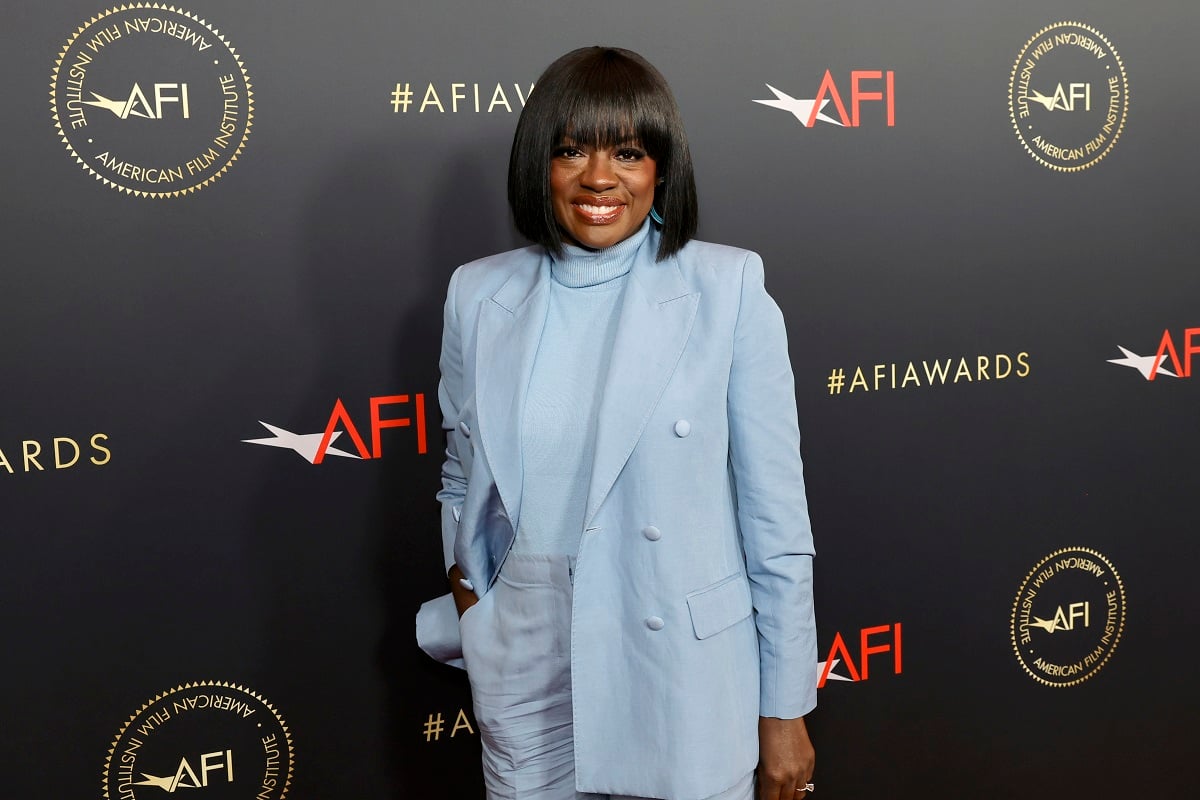
Viola Davis Once Revealed She Almost Quit Acting After Being Attacked While Performing
Actor Viola Davis is one of Hollywood’s most critically praised actors with several accolades under her belt. But her path to success was almost derailed after she experienced an unexpected attack in the beginning of her career.
Viola Davis refused to give up on acting at an early age

From an early age, Davis was willing to pay her dues to fulfill her dream of becoming an actor. She spent much of her childhood growing up in poverty, but acting offered Davis a means of escape. Her ability was something that she discovered thanks to the love and support of others.
“It was just a gradual sense of going out there and doing things, and then realizing at 14 that I was pretty good at acting. My drama teacher looked me in the face and said, ‘Viola, if you can really get this, develop a technique, you can actually make a life out of this. You’re actually that good.’ It’s those little seeds that give you an inkling of who you could become. God moments,” she once said in an interview with AARP.
Davis maintained her determination for an acting career even after being told about the often harsh realities aspiring actors face. She once recalled a moment when a representative from the Neighborhood Playhouse School of Theater visited her classroom. When he asked Davis and her classmates who wanted to be an actor, everyone raised their hands. But the representative later described how difficult it was for actors to succeed. This discouraged all the other students except for Davis.
“When you haven’t had enough to eat, when your electricity and heat is cut off, you’re not afraid anymore when someone tells you life is going to be hard. The fear factor was minimized for me. My dreams were bigger than the fear,” Davis once told RIC.
Viola Davis once shared she almost quit acting after being attacked
During her road to success, the Ma Rainey’s Black Bottom star was making a name for herself in theater. While paying her dues, however, Davis recalled one incident that nearly made her turn her back on acting for good. In an interview Ellen DeGeneres (via Contact Music), Davis described how an unexpected encounter nearly sabotaged her acting aspirations.
“I played an opera singer in a one-woman show and I couldn’t carry a tune, and I sang 14 songs,” Davis said. “One of the places I performed was in the middle of a basketball court and they did not stop playing basketball and they brought their dogs with them and one dog…jumped on me and attacked me in the middle of my aria and I thought to myself, ‘You know what, I think maybe I should choose another career path!'”
The incident didn’t discourage Davis too much, however. The Oscar-winner would still continue on her journey until she left an unforgettable mark on the film industry.
Viola Davis once felt her skin color might hold her back from being an actor
At one point, Davis believed that she had to suppress who she really was to succeed in the industry. When attending the prestigious acting school Juilliard, she was one of only a few African-American actors enrolled in the program. That, coupled with the style of acting being taught at the school, made Davis feel like a bit of an outsider.
“It was a place that taught classical, Eurocentric theatre as if it was the Bible – and for me, as a chocolate, kinky-haired girl, there was no way in,” she once told The Telegraph. “To perform in Shakespeare, or George Bernard Shaw, or Eugene O’Neill, I felt like what was required of me was to make any hint of my blackness disappear, that it would somehow be a good thing if the audience could forget I was black.”
Davis has come a long way since then. She’s featured in a large range of film and television roles that aren’t limited by stereotypes. Still, however, The Help actor felt there was further growth that needed to be made in the film industry in regards to diversity.
“It’s so hard to get films made that don’t fit a certain box of how they see us,” Davis once said on Variety’s Awards Circuit Podcast. “Inclusivity cannot be a hashtag. You’ve got to write roles for people of colour that are culturally specific – that is just as thought out as our white counterparts’ roles, to get to the point of excellence, so that we can be considered for awards. But a lot of time with inclusivity, it’s a second thought. We’re the leftovers.”


